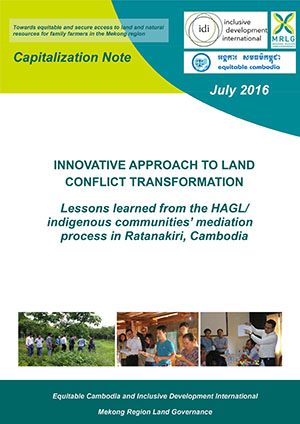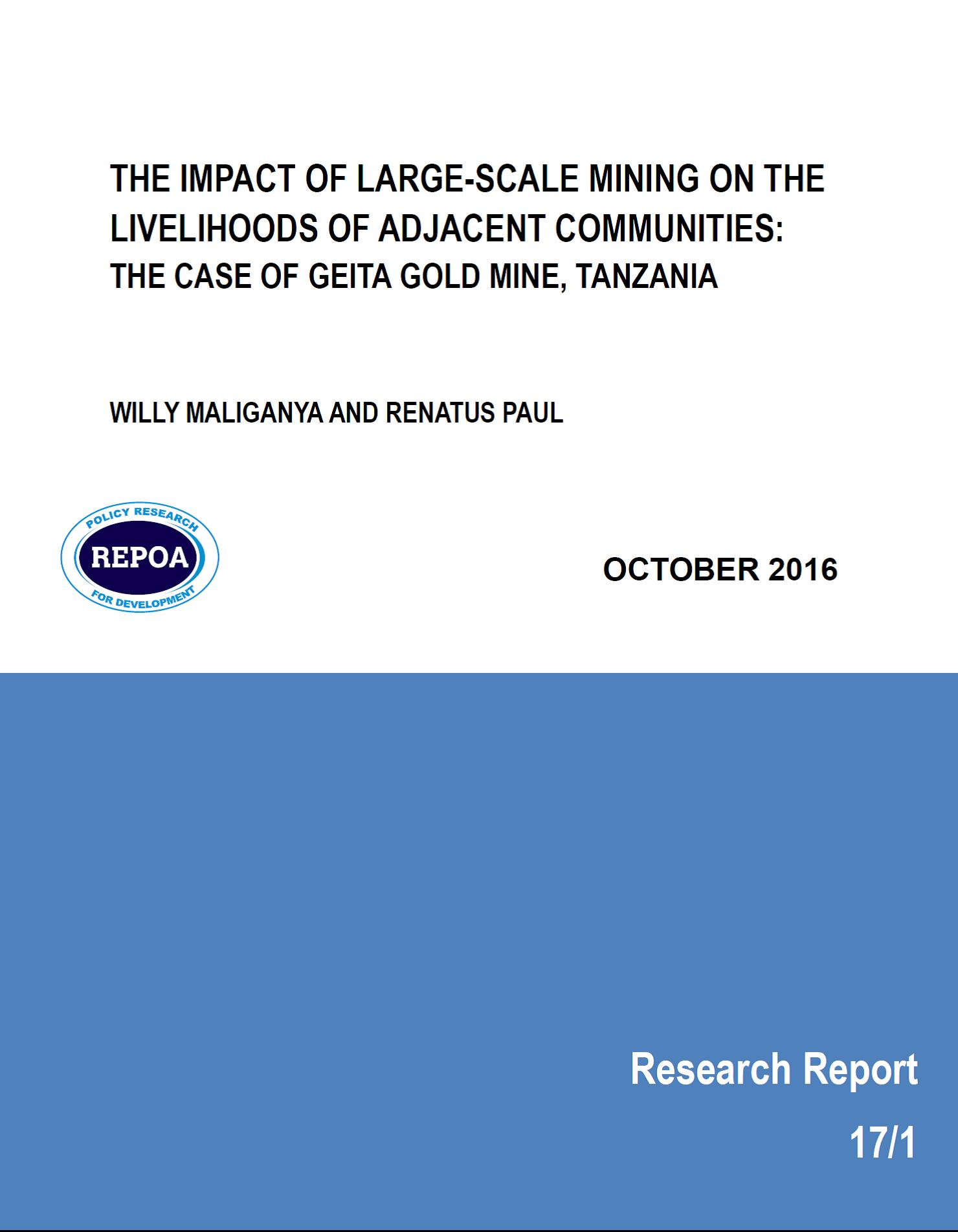Hineuru Claims Settlement Act 2016 (No. 33 of 2016).
The purpose of this Act, consisting of 135 sections, divided into three Parts and completed by four Schedules, is: to record in English and te reo Māori the acknowledgements and apology given by the Crown to Hineuru in the deed of settlement; and to give effect to certain provisions of the deed of settlement that settles the historical claims of Hineuru.







